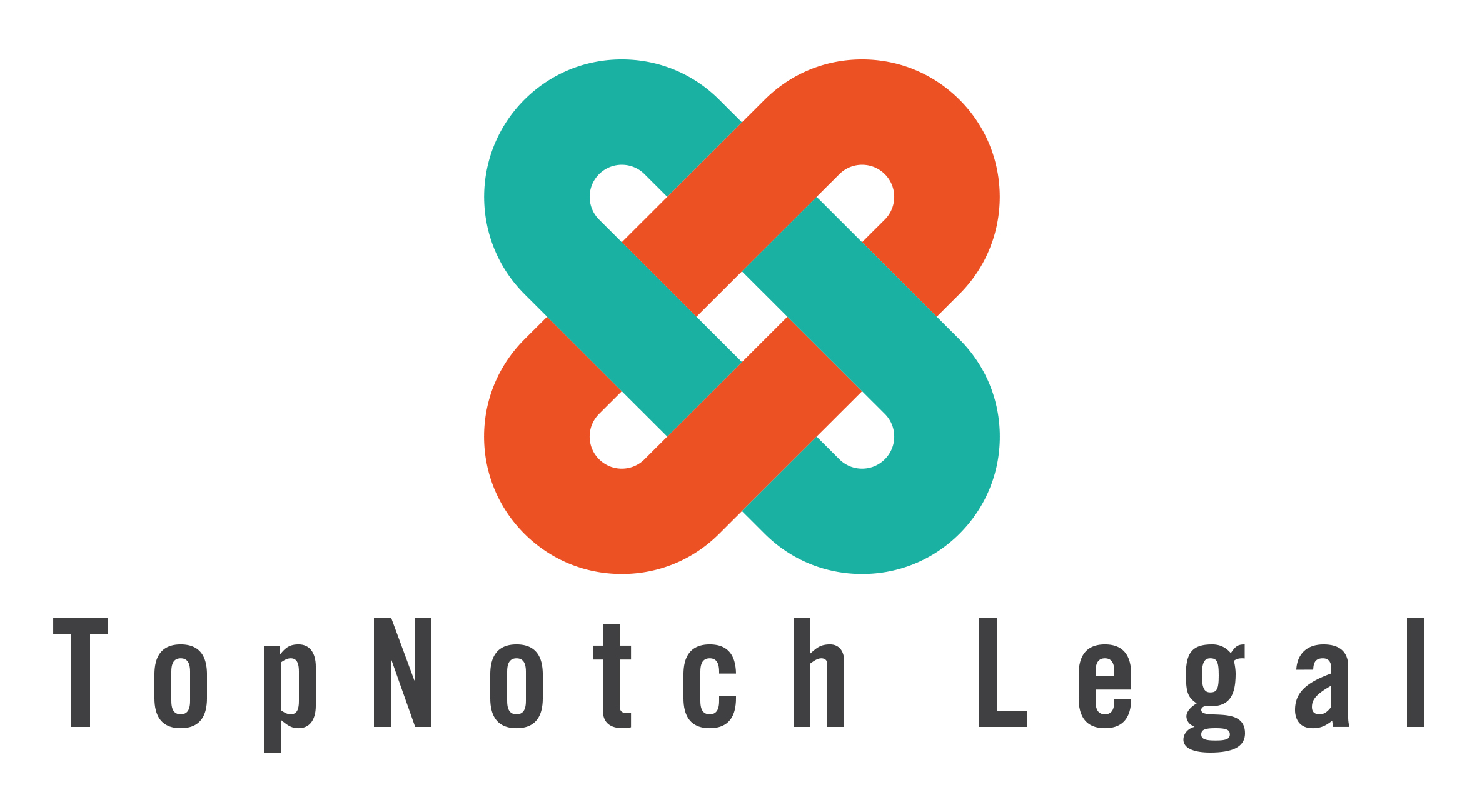Business Structures
Business Protection & Structures
If you are just starting a business for the first time and you are not sure how things will go, then the most cost effective way to begin is in your own name or just with a registered business name.
A registered business name is inexpensive and enables you to look as if you are in business in a serious way. If you find the business is successful and you are generating some great profits, then it’s time to consider a more sophisticated structure. Whilst this is an inexpensive set-up it doesn’t provide any ability to limit your liability if anything goes wrong.

If, instead, you start out with a mate or a colleague then right from the start you should have some sort of formal arrangement between you. The simplest and least expensive is a partnership agreement. This document will create rules between you for dealing with funds of the business, in what circumstances you each have (or do not have) authority to bind the others, what must happen if anyone wants to leave and many other matters.
If your business is generating substantial profits, then your accountant may advise you to set up a company structure. The benefits of a company are that you limit taxation to the company rate which is currently 25% and you are able to limit your personal exposure to liability. The general rule (though there are increasing exceptions) is that if a company is sued for some reason then this doesn’t involve the shareholders and directors personally. In other words, their personal assets are not at risk. However, if a director is guilty of fraud or some other serious wrongdoing then they might be included in an action against the company and thereby be exposed personally, i.e. their personal assets could be at risk. Another advantage of a company is the ability to distribute income through shareholdings but a trust allows for even more flexibility in distributing income.

There are many different types of trust but the most common is the trust which is simply known as a family trust. Whilst I do not know when they were first utilised under English law it was several hundred years ago, so the laws surrounding family trusts are very well established, although the taxation rules vary from time to time. As the name suggests, a family trust is set up to benefit various members of your family and it may go on for several generations, although they must come to an end 80 years from when they were first created. This means that after 80 years all the assets and income of the trust must be distributed.
Family trusts are often, also, referred to as a family discretionary trust. This means that the trustee has a discretion as to which beneficiaries will receive income or capital of the trust and this can be varied from year to year. A trustee is a person or company that is appointed to manage and have control over the trust.

These are the two main types of trusts and there are numerous variations on these themes. So long as a business conducted through a trust vehicle is conducted honestly, then it is arguable that this vehicle provides the most protection against exposure to liability and potential loss of assets.

As a general rule, the costs of setting up these structures varies quite a bit – with trust structures being the most expensive. Also, the annual accounting costs are usually higher for companies and trusts which is something you will need to consider.
At TopNotch Legal we can help you with any of these structures and would be happy to discuss your situation to help you decide what would be the best structure for you in your current circumstances. Our initial consultations are free, so give us a call if you would like to discuss your situation. Alternatively, we would be happy to discuss your situation with your accountant as we find that our two professions, working together on your behalf, provide the best advice outcome.
One further matter. Our advice is that you treat entry into any business relationship as seriously as you would a marriage. Once committed, it can be difficult and very painful to get out of. Our page on Business Exit Strategies will give you some things to consider on exiting your business.
Why TopNotch Legal
- We will explain in plain English the various options and how they may benefit your situation or not.
- We will discuss and explain which structure is best now and into the future.
- While the amount of tax you pay through a structure is an important consideration it is not the only consideration. Accordingly, we will work closely with your accountants to get the best structure for you.
Got Questions?
Please feel free to reach out to our team at Topnotch Legal and we will provide you with the best solution.
